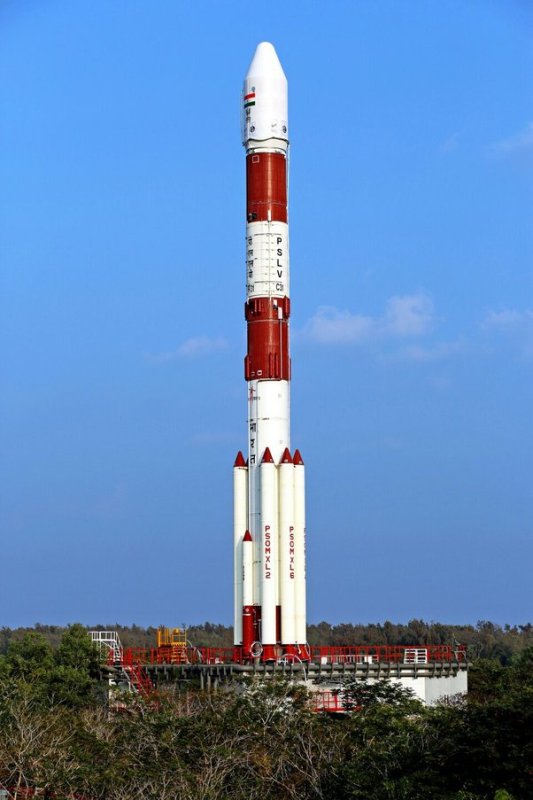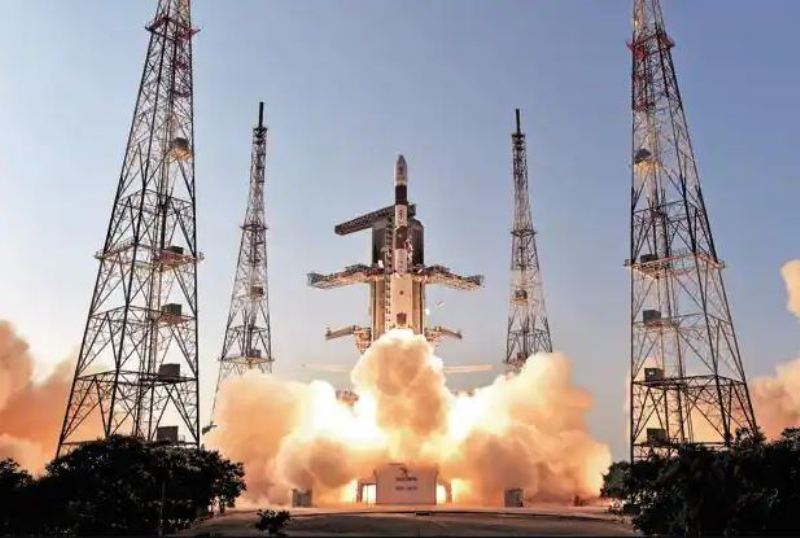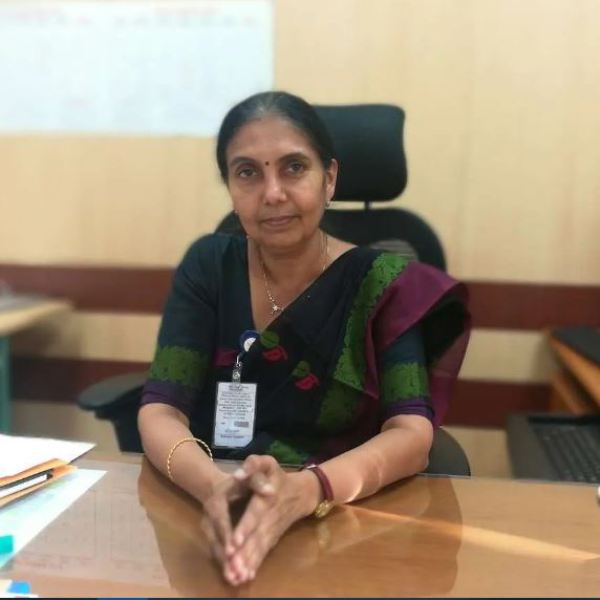V. R. Lalithambika is an Indian engineer and scientist, working at the Indian Space Research Organisation. She specializes in advanced launcher technologies and has worked in more than 100 space missions. She was part of the team that launched a record 104 satellites in one go on 15 February 2017.
Wiki/Biography
Lalithambika was born in 1962 (age 62 years; as of 2024) in Thiruvananthapuram, Kerala. She grew up near the Thumba Equatorial Rocket Launching Station, which drew her attention towards the ISRO. Her grandfather kept her updated about the launches and other work of ISRO.

Thumba Equatorial Rocket Launching Station (TERLS), located near V. R. Lalithambika’s residence in Thumba, Thiruvananthapuram
She studied Electrical Engineering at the College of Engineering, Trivandrum and completed her B.Tech followed by M. Tech. in Control Engineering at the same college. She completed her Ph.D. while working at ISRO.
Family
Parents & Siblings
Her Father was an engineer, and she is the only child of her parents.
Husband & Children
She is married to Pradeep Kumar A.B. who is an engineer and the former Chairman of Kerala State Pollution Control Board. She has two children including a daughter who is a doctor.
Other Relatives
Her grandfather was a mathematician, an astronomer, and a gadget maker. She has two grandchildren.
Career
She joined Vikram Sarabhai Space Centre in 1988; she was the mother of a two-year-old child at the time, where she worked on Polar Satellite Launch Vehicle (PSLV) as a control engineer and was later involved in Geosynchronous Satellite Launch Vehicle (GSLV), Augmented Satellite Launch Vehicle (ASLV), and Reusable Launch Vehicle (RLV) missions.

Isro’s PSLV-C37 in a single payload, included the Cartosat-2 series and 103 co-passenger satellites, together weighing over 650kg
She later became the Deputy Director at VSSC and designed rocket control and guidance systems along with her team following which she moved to ISRO headquarters in Bengaluru, where she was appointed as the Director of the Indian Human Spaceflight Programme and was part of India’s prestigious “Gaganyaan” mission. ISRO’s chief Dr K Sivan once praised Dr Lalithambika and said,
At ISRO, we choose people to head programs based on competence and Dr Lalithambika has the right set of skillsets to lead the human space program.”
Awards
- The Space Gold Medal (2001)
- Individual Merit Award and ISRO Performance Excellence Award (2013)
- Astronautical Society of India award for excellence in launch vehicle technology.
- Legion of Honour, the highest French civilian award (2023)
An honour to confer "Chevalier de la Légion d'Honneur" on distinguished Indian space scientist Dr. V. R. Lalithambika.
This award recognizes her trailblazing achievements and contribution to 🇫🇷🇮🇳 space cooperation, particularly in human spaceflight. 🚀🛰️ pic.twitter.com/DtHVh6E7ty— Thierry Mathou (@thierry_mathou) November 28, 2023
Facts/Trivia
- Lalithambika’s grandfather used to make gadgets like lenses and microscopes at home.
- Lalithambika’s interest grew in science because of watching rocket launches with her grandfather at home.
- Lalithambika belongs to a family of engineers, her father, uncle, and husband all were engineers.
- Lalithambika cleared the GATE exam but dropped the idea of pursuing further because of marriage.
- Lalithambika was the college topper while she was pursuing her B.Tech.
- Lalithambika enrolled for M.Tech. after her marriage.
- Lalithambika’s first direct initial experience of failure at ISRO was the PSLV launch in 1993.
- Lalithambika and her daughter both admire Marie Curie who is a Noble laureate.






